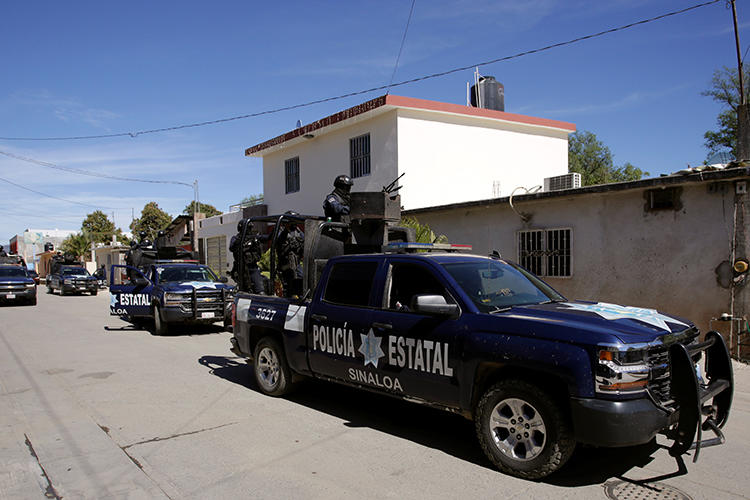Mexico City, April 2, 2019 — Mexican authorities must immediately undertake a swift, credible, and exhaustive investigation into the death of reporter Omar Iván Camacho Mascareño, the Committee to Protect Journalists said today.
Camacho’s body was found in the evening of March 24 in the town of Salvador Alvarado, in the northern Mexican state of Sinaloa, according to news reports.
Camacho was a sports reporter for “Noticieros Altavoz,” a program on local radio station Chávez Radiocast, according to Ríodoce, a newsmagazine based in the state capital of Culiacán. Camacho also founded and edited Évora Sport, a Facebook page dedicated to sports events in the region, according to Ríodoce.
“Despite welcome promises by President Andrés Manuel López Obrador to improve safety for journalists in Mexico, the apparent killing of Omar Camacho indicates that reporters in the country are still being targeted with alarming frequency,” said Jan-Albert Hootsen, CPJ’s Mexico representative. “Federal and Sinaloa state authorities must assume their responsibilities and identify suspects and the motive behind this heinous crime.”
According to news reports, Camacho’s family lost contact with him in the morning of March 24, after the journalist left his home to cover a baseball game.
Sinaloa state authorities told local media that the reporter’s body was found near a bridge in town that evening with severe head trauma and injuries likely caused by beatings.
Camacho’s wife, Tania Armenta, told Mexico City-based news website SDP Noticias on March 26 that she was unaware of any threats against the reporter’s life or any personal problems that might have provoked an attack.
On March 28, Sinaloa Attorney General Juan José Ríos Estavillo told El Debate, a newspaper based in Culiacán, that no motive had been determined and that authorities are looking into whether there is any connection to Camacho’s work. He added that state authorities had not yet identified any suspects.
CPJ sent text messages seeking comment about the case to the Sinaloa state attorney general’s office and did not receive a response.
On Évora Sport, Camacho recently covered general sports news in the region, including football matches and new sports merchandise. CPJ was unable to retrieve Camacho’s most recent broadcasts with Noticieros Altavoz.
CPJ’s calls to Chávez Radiocast for comment regarding Camacho’s death went unanswered.
A spokesperson for the Federal Mechanism for the Protection of Human Rights Defenders and Journalists, which is operated by the federal Interior Secretariat and provides protection to reporters at risk, told CPJ that Camacho was not enrolled in a federal protection scheme. The spokesperson requested anonymity to discuss the matter.
Mexico is the deadliest country for journalists in the Western hemisphere, according to CPJ research. Last year, at least four were murdered in the country in direct retaliation for their work.
